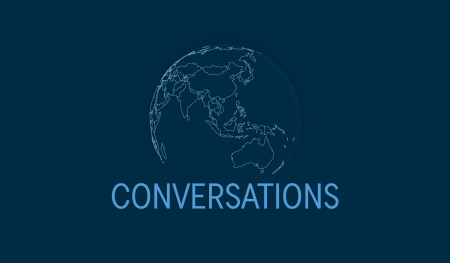Richard McGregor
China’s political system and the workings and structure of the communist party; China’s foreign relations, with an emphasis on ties with Japan, the two Koreas, and Southeast Asia; Australia’s relations with Asia.

Richard McGregor is Senior Fellow for East Asia at the Lowy Institute, Australia’s premier foreign policy think tank, in Sydney.
Richard is a former Beijing and Washington bureau chief for the Financial Times and the author of numerous books on East Asia.
His most recent book, Xi Jinping: The Backlash, was published by Penguin Australia as a Lowy Institute Paper in August 2019. His book on Sino-Japanese relations, Asia’s Reckoning: China, Japan and the Fate of U.S. Power in the Pacific Century (Penguin Books, 2017), was called “shrewd and knowing” by the Wall Street Journal and the “best book of the year” by the Literary Review in the United Kingdom. In late 2018, it won the Prime Minister of Australia’s Literary Award for Non-Fiction. His book, The Party (Penguin Books, 2010), on the inner-workings of the Chinese Communist Party, was translated into seven languages and chosen by the Asia Society and Mainichi Shimbun in Japan as their book of the year.
Richard is a Senior Associate (Non-resident) at the Center for Strategic and International Studies (CSIS) in the United States. He was also a visiting scholar at the Wilson Center and George Washington University in Washington DC from 2014-2016.









